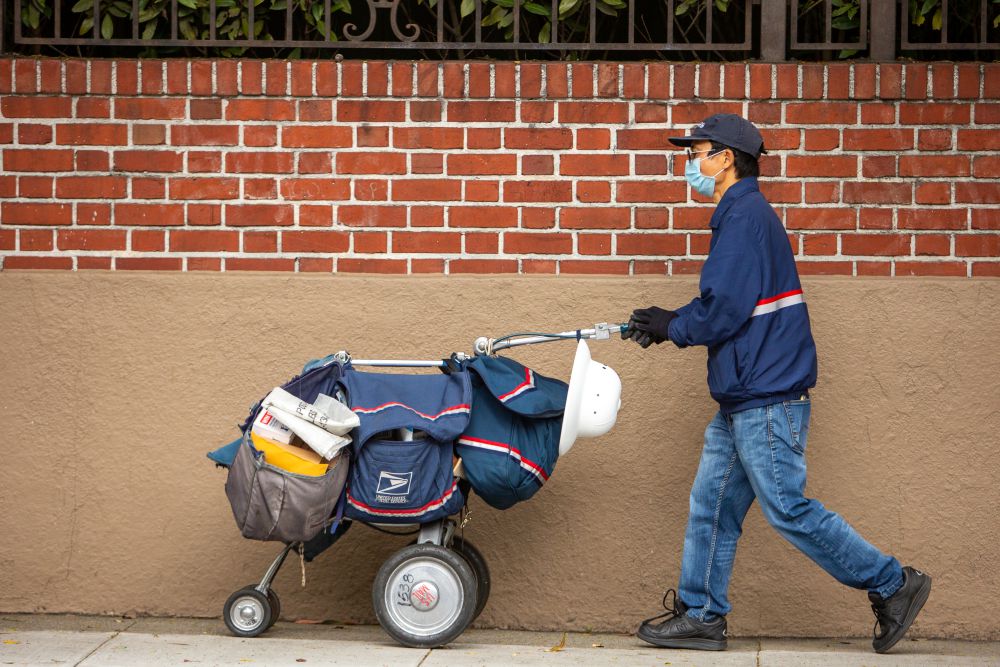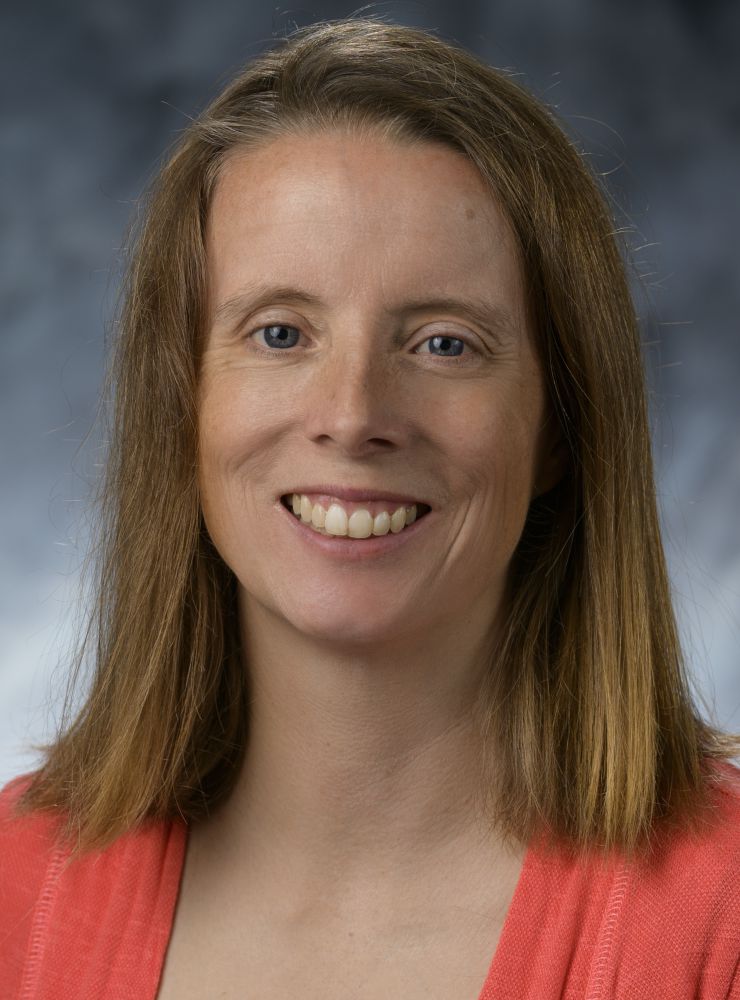
Essential Workers, Vital Scholarship

By nearly every measure, the COVID-19 pandemic has taken a disproportionate toll on the disadvantaged. How this disparity might be addressed will be the focus of new research at UC Santa Barbara through the Pahl Initiative on the Study of Critical Social Issues in the Division of Social Sciences.
Heather Royer, a professor of economics, is the second awardee of the initiative. The Pahl Initiative is a gift of alumni Louise and Stephen Pahl to support rigorous social science research on topics of pressing social importance. Work sponsored by the Initiative includes the involvement of both graduate and undergraduate students, with the goal of bringing academic research to public discussion.
“As a resident of Santa Barbara County, it is hard to not see the disparate impacts of this pandemic,” Royer said. “Social science research can be helpful to understand the causes and consequences of this pandemic and assist in the county’s recovery.”
Charles Hale, the dean of social sciences at UC Santa Barbara who worked closely with the Pahls to establish the initiative, said Royer’s project hits the highest marks for the Pahl Initiative: tackling a social issue of deep and urgent importance, with rigorous research both highly valued in the academy and of great practical value.
“Her research results,” he said, “will add to the growing list of ways that we can and must rebuild better after COVID: revealing the critical gaps in health care for ‘essential workers,’ showing how better care for this population both helps them and enhances the common good.”
“By studying what’s happening in the local area, I hope to provide information and ideas to the local community about the impacts and their ramifications of COVID-19 on the disadvantaged,” said Royer, who is collaborating? with Mireille Jacobson, an associate professor of gerontology at USC, on the project. “Santa Barbara County is a microcosm of what’s happening both in the state and nationwide so what we learn from studying this county can be informative to the local area and more broadly to California and the United States.
“By interviewing local organizations and residents of Santa Barbara County, I also wish to get a sense of their first-hand experiences with the COVID-19 pandemic and their suggestions on ways to inform it,” she continued. “This public-facing component of the research is critical to have impactful public policy. As a researcher I can speculate what the drivers are, but getting the insights of people ‘on the ground’ will lead to better informed policy.”
Aside from their COVID research, Royer and Jacobson will investigate the role of the health care safety net for the disadvantaged. In particular, they’ll focus on how the expansion of federally qualified health centers (FQHCs), often referred to as neighborhood health clinics, has increased access to health care for the underserved.
“We will also study how this expansion interplays with hospitals — in particular, as new clinics emerge, do we see a drop in emergency room visits in an area?” Royer said. “This system of FQHCs provides health care for one in three persons in poverty. The existence of these centers may be critical in the COVID-19 recovery as a provider of primary care for the poor.”
Royer said she was grateful to the Pahls for making the project possible, and said their initiative gives the university a way to showcase how UCSB researchers in the social sciences are working to improve the lives of people in the community.
“I applaud the Pahl family for pushing researchers to make the connection between what they’re studying and the public impact of their work,” she said.



